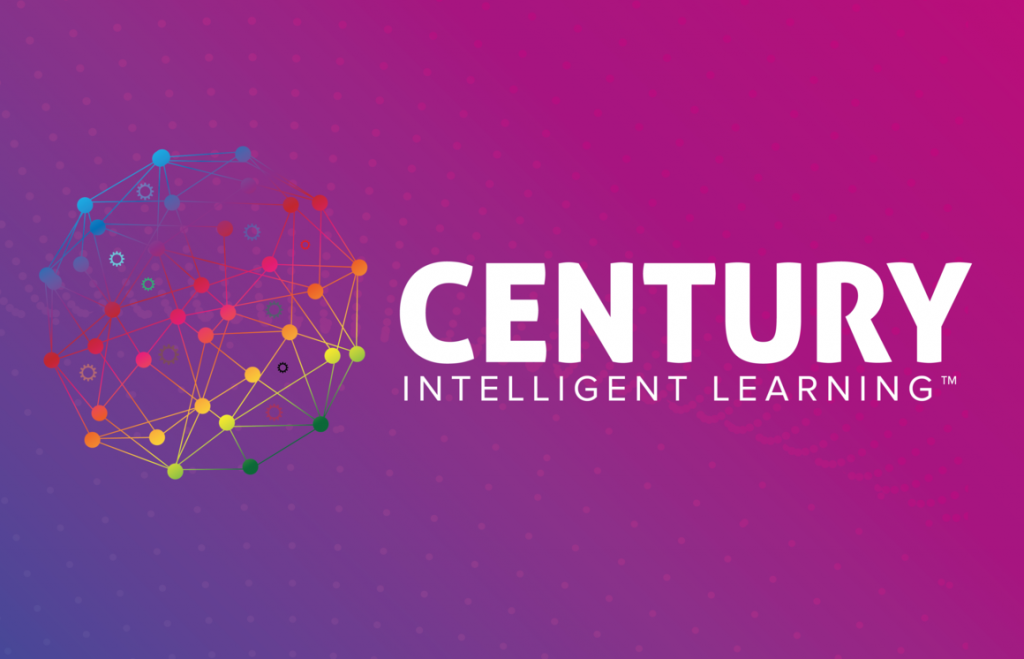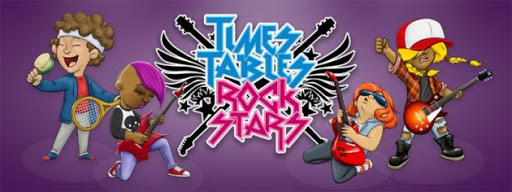
At Ryders Green, we strive to give every child, every opportunity, at their one chance in primary school. Please find some information about what mathematics looks like in each year group at our school.

EYFS
The Early Years is a crucial time in your child’s life and at Ryders Green we recognise this and pride ourselves of offering a rich, varied and stimulating curriculum full of memorable experiences. Mathematical Development is concerned with an understanding of number, space and shape, measuring and patterns. It includes the skill of applying, mathematical knowledge to investigate and solve problems in practical and meaningful situation. They will start to count reliably with numbers from 1 to 20, placing them in order and say which number is one more or less than a given number.
Year 1

Year 1 will start by building on our children’s experiences from Reception. Children will be taught to count, read and write numbers to 100 in numerals; count in multiples of twos, fives and tens. Children will start to partition and recombine when adding and subtracting using concrete apparatus and then exploring pictorial presentations. Children will consolidate their knowledge of known facts – number bonds and doubling. We will also be solving real life problems for the four calculations. Children will learn more about fractions and finding a fraction of a quantity.
Year 2

As mathematicians in Year 2 the children will be counting forwards and backwards in ones, twos, fives and tens up to 100. They will start to count above 100. They will practise adding two numbers together and will begin to quickly recite the number bonds to 10,20 and 100. The children will also learn how to solve simple subtraction using concrete apparatus and pictorial representations. They will them move to a more abstract approach to solving subtractions. They will learn the features of 2D and 3D shapes and be able to name triangles, squares, rectangles, circles, hexagons, pentagons, heptagons and octagons. They will start to tell the time looking at o’clock then moving to half past, quarter past and quarter to and then five minute intervals.
Year 3

As mathematicians in Year 3 the children will be starting by consolidating their knowledge and understanding. Children will concentrate on place value using 2 and 3 digit numbers in words and numerals, order numbers up to 100 or 1000. Mental and written methods for addition and subtraction will be a focus. They will be taught more formal methods of calculations using their understanding of place value of 3-digit numbers. Children will be solving multiplication and division of two and three digit numbers. They will look at fractions of shapes and amounts of numbers and compare these fractions. Times tables will be frequently practised to sharpen quick recall of 3,4 and 8 times table, and beginning to look at the 6 and 9 times tables.
Year 4

In Year 4 children will continue to explore numbers. They will practice number bonds to 10, 100 and 1000 as well as continuing their development of times tables knowledge. They will continue to use our four rule knowledge but learn new skills linked to fractions and decimals. They will also focus on statistics, measuring and problems solving.
Year 5

In mathematics, Year 5 will begin by looking at solving practical place value problems. They will continue to work on more complex fractions work including improper fractions and mixed numbers as well as combining them with the four rules. Children will also learn about graphs, pie charts and statistics. They will apply their developing subject knowledge to solve 2 or 3 step problems.
Year 6

Year 6 children will consolidate all previous mathematical understanding. They will be specifically be focusing on large numbers and decimals, before moving on to rounding and place value problems. Using their knowledge of multiplication facts and place value, they will solve questions involving decimals. They will also recognise prime numbers as only having two factors and identifying prime numbers below 100. Children will spend time recapping and developing skills solving calculations and problems using all four operations before moving onto using fractions in multiple ways; simplifying, ordering and the use of the 4 operations with fractions.
Other opportunities
We are constantly looking for ways to extend the experiences children have in mathematics at Ryders Green.

Identified children in Years 5 and 6 have the opportunity to take part in the ‘Primary Maths Challenge’, competing with other pupils from across the country in solving some very advanced problem solving and reasoning. We take part in the PMC in November each year and look forward to the bonus round in February for those children invited back! This year, we will also be taking part in the FMC for our children in Years 3 & 4. The practice papers have already gone home!

Children in KS2 are also able to develop their mathematical understanding at home through the use of Century Tech. TTRS is also available for our pupils in school to develop their times table knowledge. For more information please see here.


If you would like more information regarding the National Curriculum and Programs of Study, please visit here: https://www.gov.uk/government/publications/national-curriculum-in-england-mathematics-programmes-of-study
Where can maths take you?
The journey through the mathematics curriculum at Ryders Green helps to provide foundation to a potentially very successful STEM career.
Where do you think mathematics could take you?



